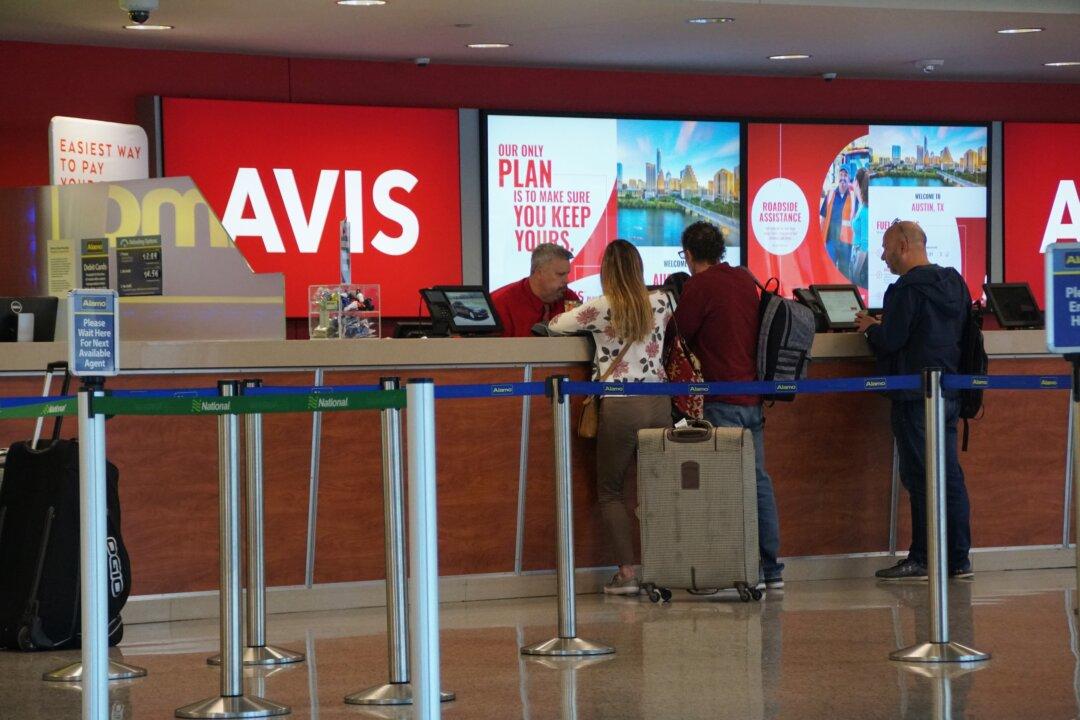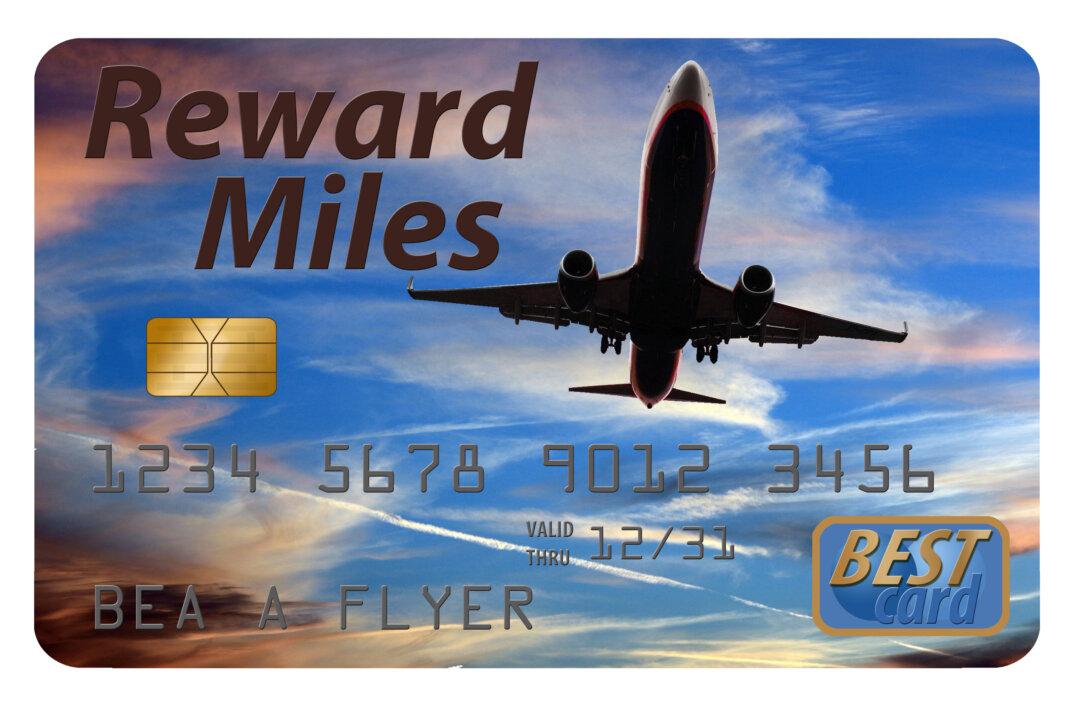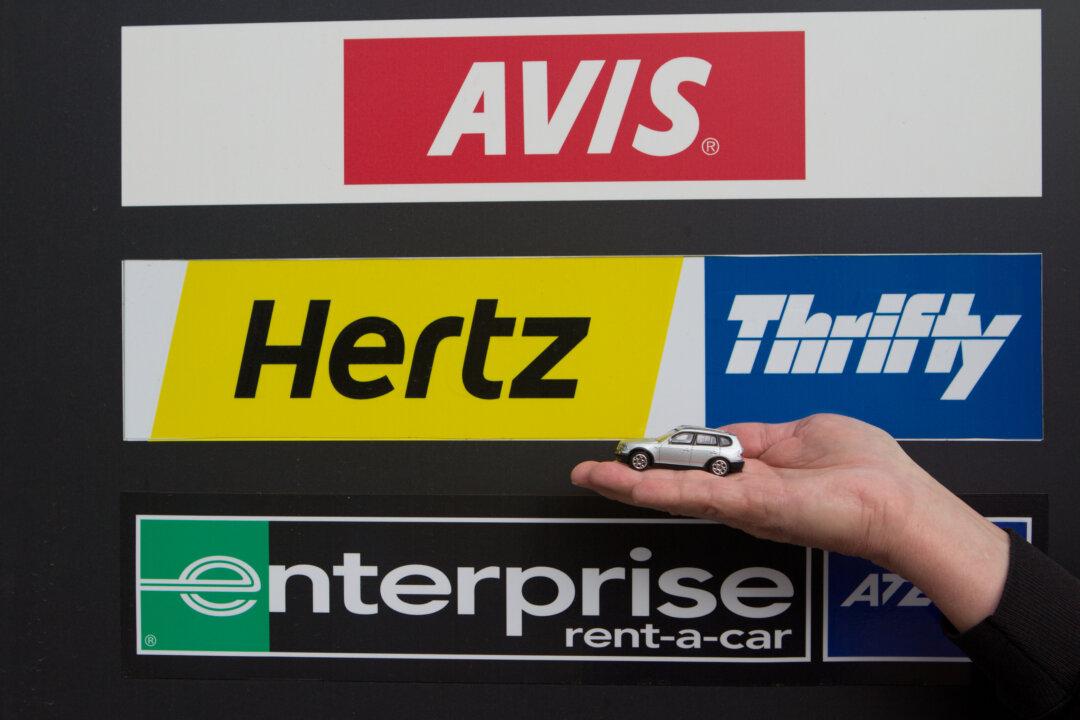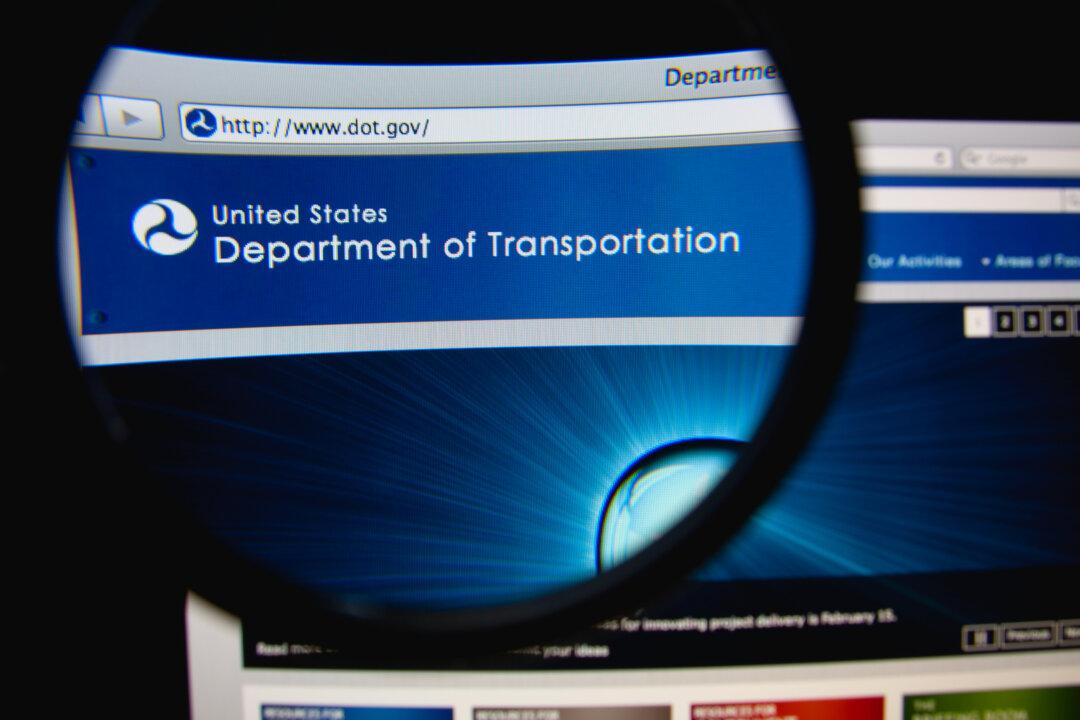Your summer vacation may well include renting a car: From a day excursion to an extended road trip, there are some attractions and activities that demand a car. If so, you need to consider some key details.
1. Which car? I won’t get into specific brands or models, but if there are more than two full-size adults or large teenagers in your travel party make sure any car you rent has plenty of room in the back seat. These days, even many so-called family sedans have very little back seat room. This year, the good news is that the rental companies have a lot of SUVs on offer at good rates, so look there first for relief.





